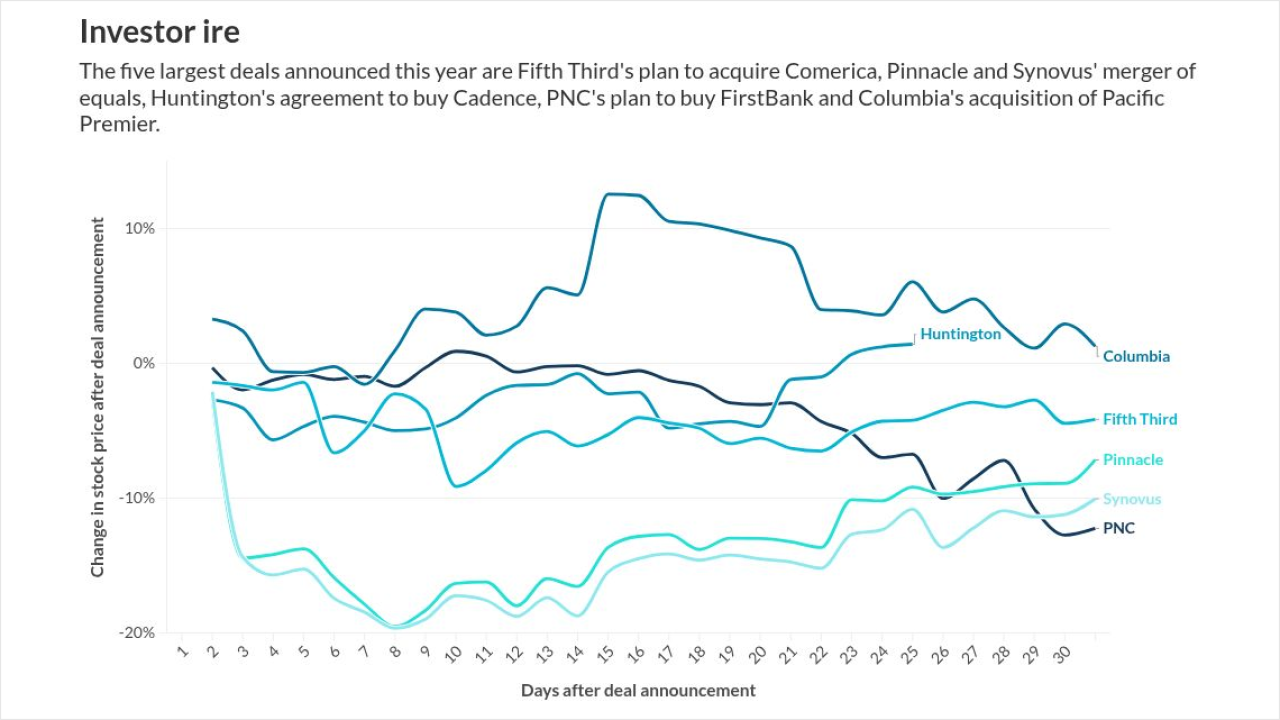As a member of CUNA, the National Federation of Community Development Credit Unions and the Cooperative Credit Union Association, I write to express my sincere appreciation for the excellent job the national, regional and state credit union leadership has done for many years in defending and expanding the role of credit unions as a vital part of the U.S financial system. Thanks to these organizations, our industry is vital and strong, with greater market share than ever. We enjoy strong support among many elected officials and have a solid advocacy agenda to pursue in 2017. I also write to express serious concerns about the need to hone and support a genuine “credit union difference” message as we talk to our elected representatives this year and going forward.
The passage of the Durbin Amendment demonstrated how a poorly conceived piece of legislation can hastily become law with little or no warning or discussion. Some have speculated on the dangers of the credit union tax exemption being impacted in similar fashion, as the US tax code receives increased attention in 2017 and 2018. While this concern may be overblown, we are clearly experiencing a time of great uncertainty, and as the old adage says, “When you are going into bear country, try hard not to act like food.” I am concerned that we credit unions are entering this period of tremendous political and social volatility with a tone that is missing the mark, which could make us vulnerable.
Since the November election, our industry trade publications and communications channels are teeming with plans and messaging about deregulation, rather than about carving out a clear message around credit union differentiation. The U.S. elections and the Brexit vote showed us that millions of people in the world’s most developed economies are feeling angry and displaced. They feel the knowledge economy and the recent economic recovery have left them behind. Credit unions are uniquely positioned to help during times of economic stress, and this should be a time for us to remind our key audiences that we are actively engaged with working families, helping them to climb the ladder of financial stability.
I want smarter regulation as much as anybody, but I respectfully suggest that we need to offer a rationale on why we deserve some measure of deregulation, and that rationale should start with the greater good of our citizens. What are we doing in our credit unions to bring the unbanked and the underbanked into the financial system? How are we fostering financial literacy? How are we promoting financial inclusion? How are we helping to grow small businesses? How are we helping families finance education? Having good answers to these questions provides the best possible reason why regulators should turn their attention elsewhere. We are a safe and sound system. We performed admirably in the Great Recession, with no taxpayer bailout, and we are lifting up millions of people each year. That is how we earn our tax exemption every day, and that is why we are asking for regulatory relief.
I share these thoughts with fellow credit union leaders out of respect for the roles that you all play, and with a deep understanding that my credit union needs to own this differentiation too. At Greylock we have redoubled our attention to financial literacy, providing financial counseling and education to nearly 2,500 people in 2016. In 2017 we have committed to deeper investments in Community Development activities, to improve access to credit and financial services in our high-needs neighborhoods. But there is much more work to do to keep our system strong and resilient nationally, even as we pursue our mission here in Western Massachusetts.





